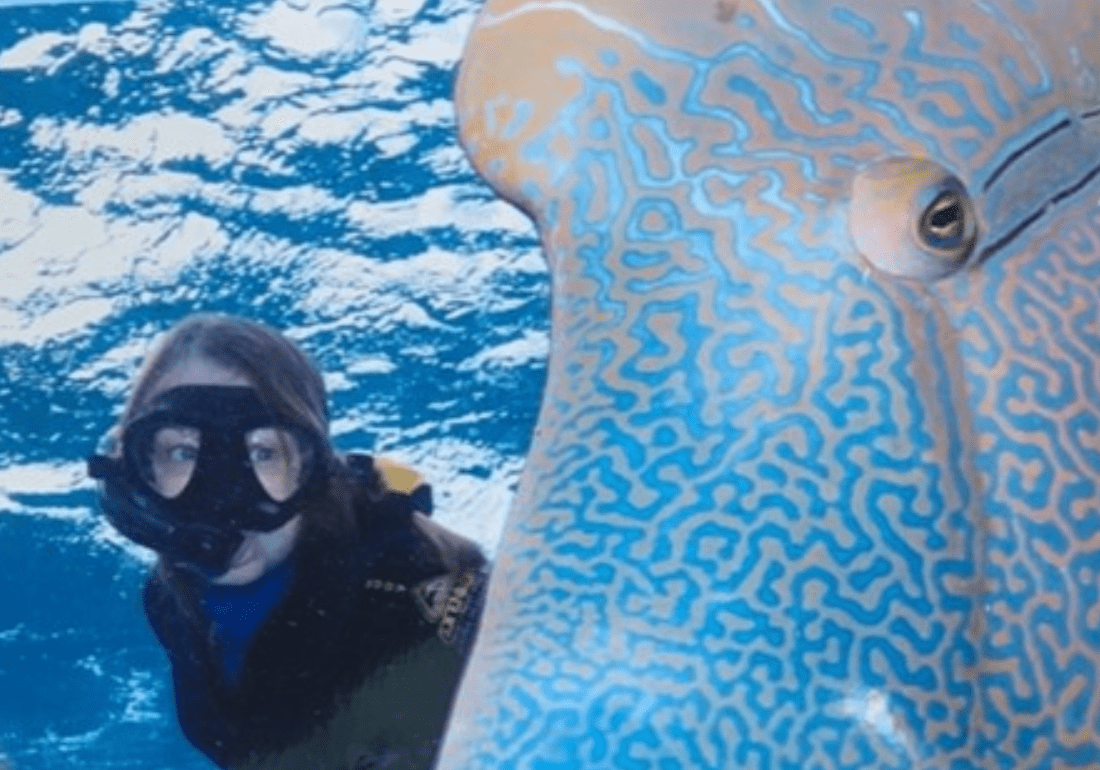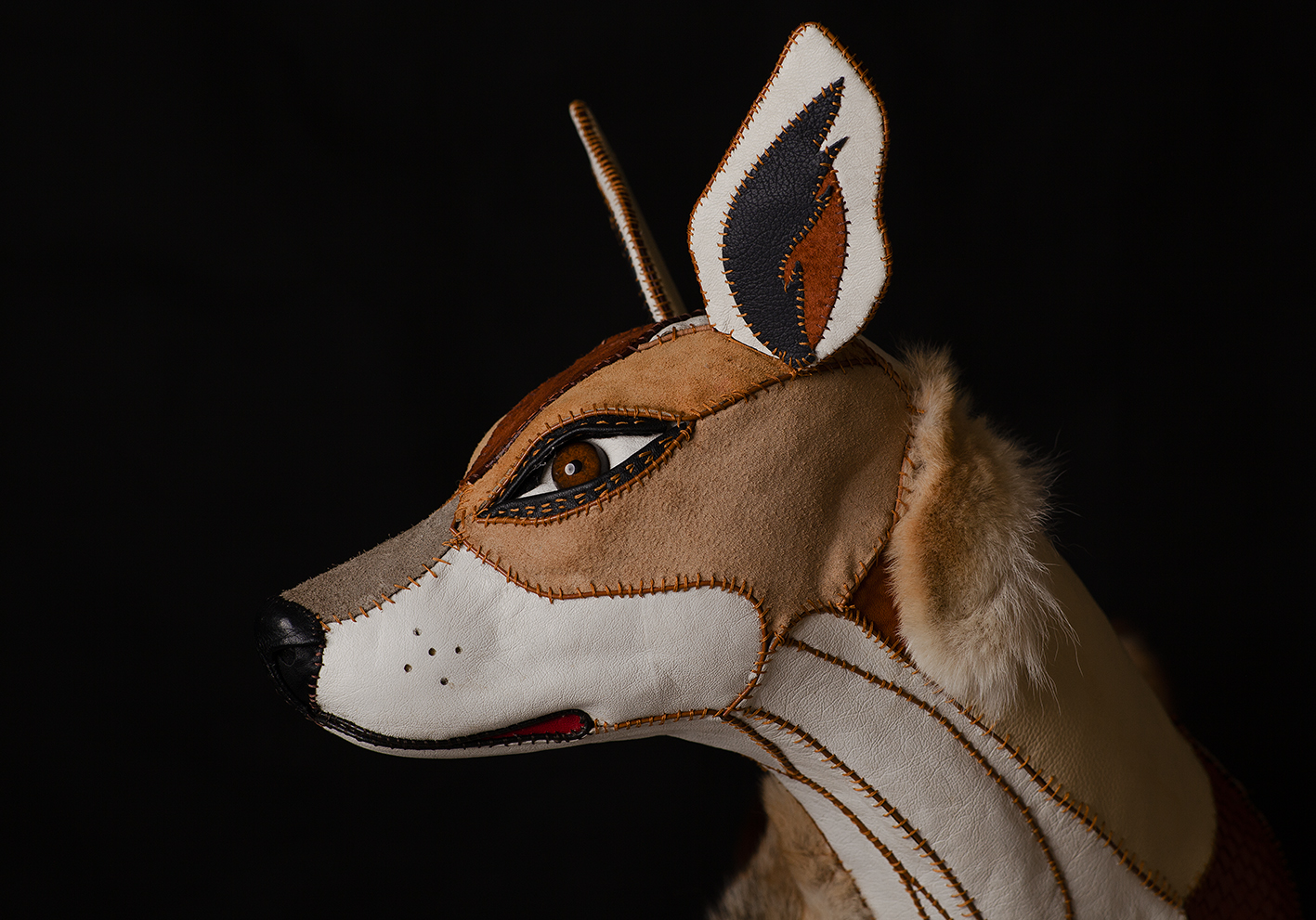Ondine Sherman talks to AASA member, Rachel Yerbury about her latest publication.
Yerbury, R. M. Zoos and aquaria: Dark Tourism or Light fun? (2023) A post-humanist perspective. Frontiers in Sustainable Tourism, 2, 1191656.
What scholarly disciplines are most relevant to this publication?
This perspective paper draws on tourism studies, as well as the psychology of human and captive animal interactions. Dark Tourism traditionally refers to tourism that highlights human suffering or death, but a recent prototype by Fennell and colleagues includes animal suffering. This paper considers the framework applied to zoos and aquaria and the dynamics between humans and animals.
How would you describe this work to a non-academic interested in animal advocacy?
This paper offers the perspective that keeping non-humans in captivity equates with Dark Tourism. The paper uses the framework of Fennell and colleagues to explore the characteristics of zoos and aquaria that sanction their classification as Dark Tourism. The artificiality of the captive setting’s habitat and social arrangement causes psychological, and physical suffering because the animals cannot live according to what their species needs to thrive. Nussbaum’s capability approach is used to show specific examples of how animal confinement denies rights and flourishing because animals are unable to live naturally. The publication then offers an alternative way of relating with nonhumans is through Deep Justice. This position involves respecting and privileging the wellbeing, interests and rights of animals, rather than positioning them as lesser than humans. Such a perspective would disallow the subjugation of animals through activities such as Dark Tourism.
Questioning everything to do with human-animal interactions is the basis of true advocacy. The fundamental ways that humans position ourselves to be superior and more deserving than other species, allows the construction and justification of the anthropocentric world. Without considering the rights, needs and capabilities of nonhumans, there can be no Deep Justice for all.
How do you see your work relating to human-nonhuman relations?
The paper explores how captive animal facilities, by their very nature, perpetuate the narratives of human exceptionalism and human-nature separation. Animals are primarily kept in captive facilities to fulfil the human pursuits of entertainment, education and wellbeing, not for the animal’s benefit. In considering human-animal interactions, we need to critically evaluate our positionality and privilege and how we use it in these interactions.
What are you working on next?
Next I’m interested in considering how children interact with nature and animals and how this affects their resilience and wellbeing.
Dr Rachel Yerbury (Phd) is a psychologist, lecturer and researcher in the School of Psychology and Public Health, La Trobe University Australia. Her research focusses on the connection between humans with Nature and animate worlds and how this impacts mutual well-being.
In particular, how human-animal relationships can contribute to reciprocal understandings within a kincentric perspective for multispecies flourishing. Rachel is a proponent of ecopsychology in research and counselling spaces, and is interested in how earth-based Indigenous wisdom can help to reconfigure the way that humans inhabit the earth.
Rachel has thirteen peer-reviewed publications with nine first-author papers.



